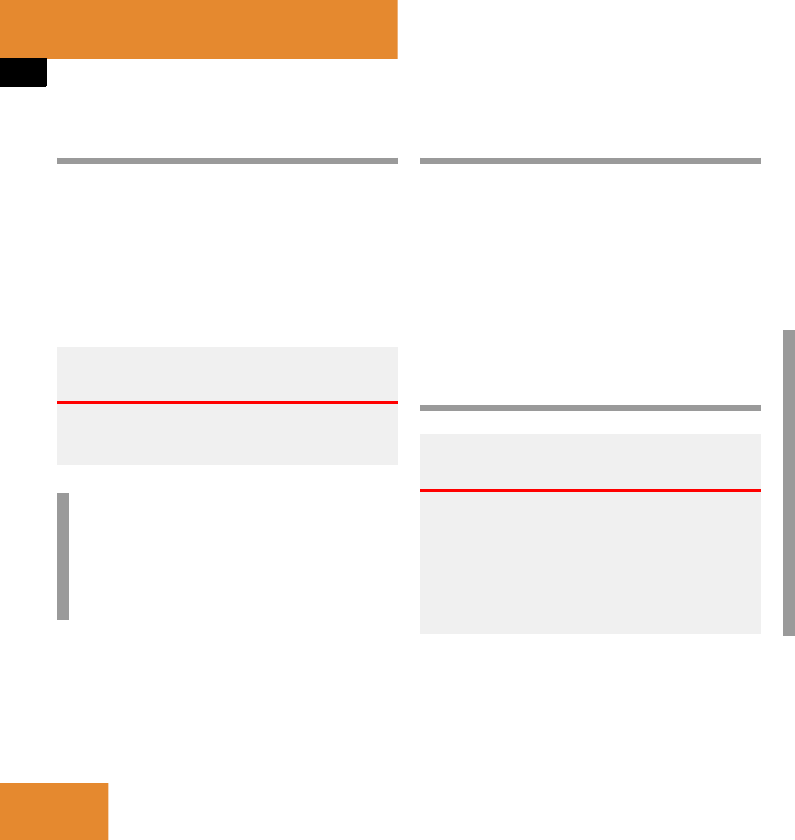
234
Operation
Tires and wheels
Life of tire
The service life of a tire is dependent upon
varying factors including but not limited to:
ț Driving style
ț Tire pressure
ț Distance driven
Direction of rotation
Unidirectional tires offer added advantag-
es, such as better aquaplaning perfor-
mance. To benefit, however, you must
ensure that the tires rotate in the direction
specified.
An arrow on the sidewall indicates the in-
tended direction of tire rotation.
Checking tire inflation pressure
Correct the tire pressure only when tires
are cold.
Regularly check your tire pressure at inter-
vals of no more than 14 days.
If the tires are warm you should only cor-
rect the tire pressure if it is too low for cur-
rent operating conditions.
A table on the fuel filler flap lists the spec-
ified tire inflation pressures for warm and
cold tires as well as for various operating
conditions.
Warning! G
Tires and spare tire should be replaced after
six years, regardless of the remaining tread.
!
Keep unmounted tires in a cool, dry
place with as little exposure to light as
possible. Protect tires from contact
with oil, grease and gasoline.
Warning! G
If the tire pressure repeatedly drops
ț check the tires for punctures from for-
eign objects
ț check to see whether air is leaking from
the valves or from around the rim
i
The pressures listed for light loads are
minimum values offering high driving
comfort.
Increased inflation pressures listed for
heavier loads may also be used for light
loads. These higher pressures produce
favorable handling characteristics. The
ride of the vehicle, however, will be
somewhat harder. Never exceed the
max. values or inflate tires below the
min. values listed in the fuel filler flap.


















